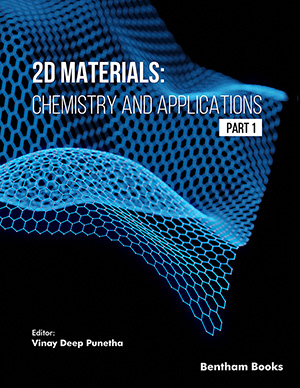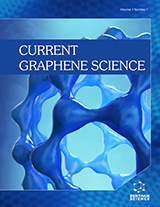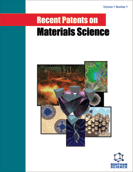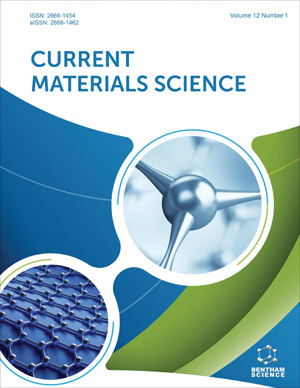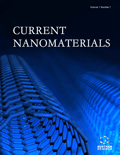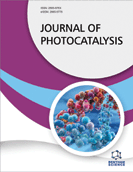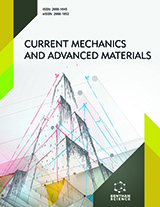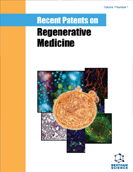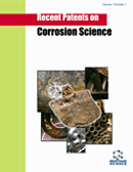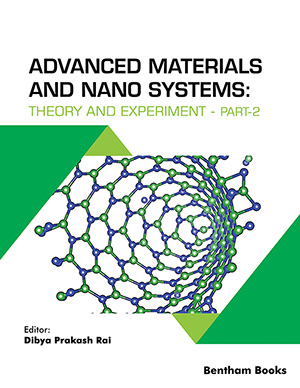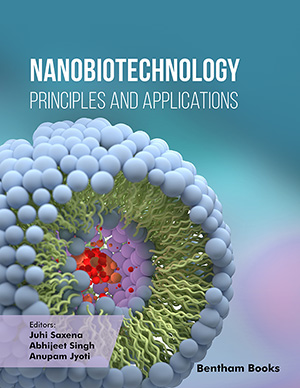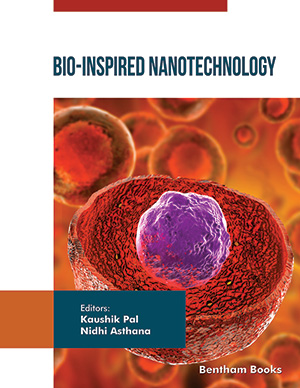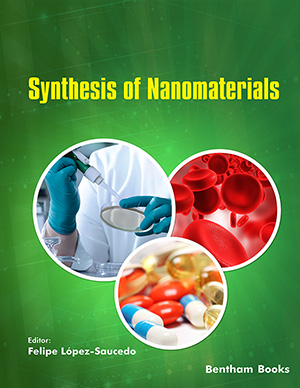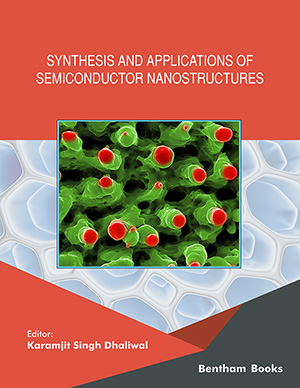Abstract
The surge in morbidity and death rates among patients suffering from cancer
call for innovation towards efficient therapeutic strategies. Conventional therapy fails
to treat cancer or to provide prolonged survival rate due to its toxic side effects on
normal cells and lack of target specificity. In recent years, 2D materials (graphene and
graphene analogues) have gained remarkable attention owing to their intriguing
potential for therapeutic and targeted delivery in cancer theranostics. Due to their
tunable physicochemical properties, π-π conjugated structure, optical characteristics,
modifiable active moieties, strong photothermal effect, high compatibility, and ease of
fabrication, graphene-based materials are highly suited for cancer treatment. This book
chapter meticulously discusses the synthesis, modifications, and biomedical
applications of graphene-based materials, explicitly focusing on graphene oxide (GO)
and reduced graphene oxide (rGO). The authors detail the various methods for
synthesizing GO and rGO, their physicochemical properties, and how these properties
can be tailored for specific applications in drug delivery systems for cancer therapy.
Notably, this work highlights the versatility of GO and rGO in enhancing the solubility
and efficacy of chemotherapeutic agents, supported by examples such as the improved
solubility of doxorubicin and the use of graphene for targeted drug delivery, which
leverages the nano-scale properties of graphene for effective cancer treatment. By
compiling and synthesizing recent research findings, the chapter is a valuable resource
for nanotechnology and biomedical sciences researchers, providing a solid foundation
for future studies and technological advancements in using graphene-based materials
for cancer therapy. This work underscores the critical advancements in graphene
technology and its promising future in medical applications, especially in enhancing
the effectiveness and safety of cancer treatments.
Keywords: 2D materials, Anticancer therapy, Biosensors, Graphene, Nanotechnology, Theranostics.


